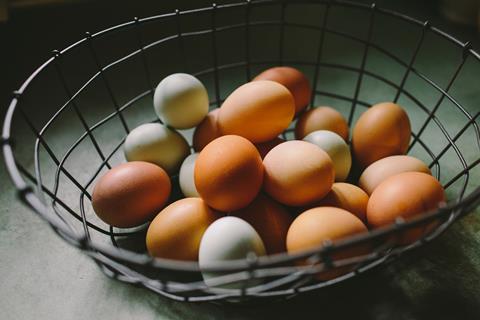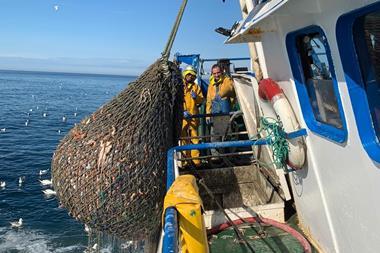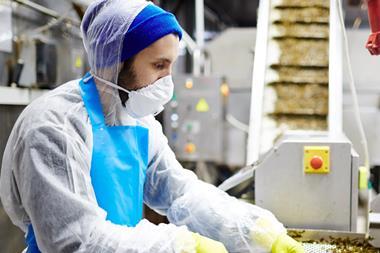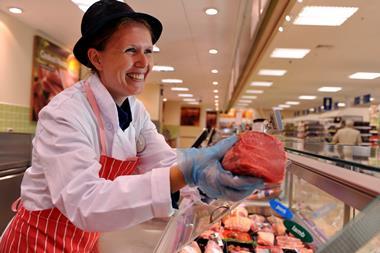
Eggs and ethics. I’m not talking about the challenge of free-range eggs and avian flu, or about chocolate Easter eggs dominating retail shelves. I want to talk about putting all your eggs in one basket – or ‘all your berries in one bowl’ if you prefer the vegan version – in terms of food security and dependency.
In short, you are vulnerable if you rely too heavily on one supplier, one major customer or one region. This is not new information. However, the dangers of overdependency have been in the spotlight recently, making clear why we need to wean ourselves off our just-in-time industrial food system.
The war in Ukraine has highlighted many cases. Iceland has backtracked on its palm oil commitment because of challenges in securing sunflower oil, the global supply of which largely comes from Russia and Ukraine. Businesses that are hugely reliant on sunflower oil as a key ingredient – think frozen chips, crisps and jars of olives – have had to bring in substitutes. Scottish seed potato businesses, which had relied on exports to Russia after losing access to the EU market, are now struggling.
Many food and agricultural businesses are also struggling with rapidly rising input costs. Just like households, our farming and food systems have been revealed to be heavily exposed to rising energy and fertiliser prices, driven by the price of gas, which is used as a raw ingredient for many fertilisers. Increasing food security means ending its reliance on fossil fuels, achieving net zero, and diversifying the ways richness is restored to soils.
What does this have to do with food ethics? In nature, biodiversity is critical in its own right and is vital to support food webs. Having a diversity of food suppliers, producers and those selling our food reduces vulnerability of individual companies and makes us more resilient as a nation. We also need to avoid power being concentrated in the hands of too few organisations – to reduce the chances of businesses exploiting people, animals and the planet. Overdependency and power imbalances make achieving fair and resilient food systems difficult.
What to do? First consider who or what your business is overly reliant on. Secondly, ask employees to explore ‘how can we’ change things to break any overdependency. How can farming businesses reduce their dependency on certain agricultural inputs? How can food companies break their reliance on fossil fuels? Then try out the best ideas. Throughout this work, model and test for future shocks. The human tragedies of the pandemic and wars around the world, including Ukraine, have significant impacts on our food system. There will be further shocks – be they environmental, economic, health-related or geopolitical – and together we need to prepare for them.
If the costs of standing up to Putin include food supply challenges and price inflation, so be it. But national governments should step in and support businesses and people in the short term. At the same time, don’t be fooled by arguments that we need to radically intensify production or that we should put environmental action on hold. Temporary fixes are sometimes needed, but in my experience, they too often stick – take ‘temporary’ food banks as a case in point. Any short-term measures introduced by food businesses or government in response to the current crises must not compromise urgent and long-term action to address climate, nature and health emergencies.
Individual businesses can’t do it alone, hence the oft-repeated, but never more important, message that we need a strong national food strategy. The UK government white paper response, when it eventually comes out, must have fairness and resilience at its heart. We must recalibrate or even revolutionise our ways of food and farming, helping us shift towards good food for everyone forever. Let’s free our eggs from one basket and instead have diverse and flexible options.



















No comments yet